Let’s start our new column, Anime Breakfast, with a cult series, loved and revered everywhere, not only in the land of the rising sun: let’s talk a little about Neon Genesis Evangelion
Evangelion is my life imprinted on film. I’m still alive, so the story isn’t over yet.
Hideaki Anno
To open our new column, Anime Breakfast, we absolutely could not avoid starting from a specific animated series. Without being too mysterious, considering that you have already read the title above, we are talking about Neon Genesis Evangelion. Although it is a courageous choice, it could still be rather reckless in your eyes. We know well what the reputation of Hideaki Anno’s magnum opus is in the world of the internet and beyond, and even the writer is a profound admirer of it. However, it will be very difficult to put thoughts and reflections in order, give meaning, order and coherence to everything we would like to write in this first, long and wordy special dedicated to a series that has revolutionized the very concept of creating series. Welcome, sit down, make yourself a drink, maybe a coffee. It will be a difficult journey.
A journey inside Neon Genesis Evangelion
The series was born in 1995, produced by Gainax and born from the bad and decidedly traumatized mind of Hideaki Anno, an author who, notoriously, lived by Hikikomori for a good part of his life. To accompany her in this adventure, we find the character design Yoshiyuki Sadamoto, the mecha design by Ikuto Yamashita and the artistic direction Hiroshi Kato, while the soundtrack we find the master Shiro Sagisu. An exceptional cast for a series that, at the time, made school. As mentioned, Neon Genesis Evangelion was born in the mid-90s, when series that preferred only the vertical plot were depopulated. Among the most illustrious examples we can think of Gundam, Dragon Ball or Sailor Moon, just to mention some unacknowledged nonsense.
Neon Genesis Evangelion arrives on the market with 26 episodes. Stop, complete series. Don’t count the later films, which only came a few years later. And, at the time, a series of “only” 26 episodes, unlike today, was something that had failed. A commercial flop which had not been renewed for purely economic reasons. And in reality, in the exact historical moment, it was exactly like this for Anno and Gainax studio everything. It was presented simply as a series out of the ordinary, perhaps more bizarre than particular, and obtained a decidedly average share.
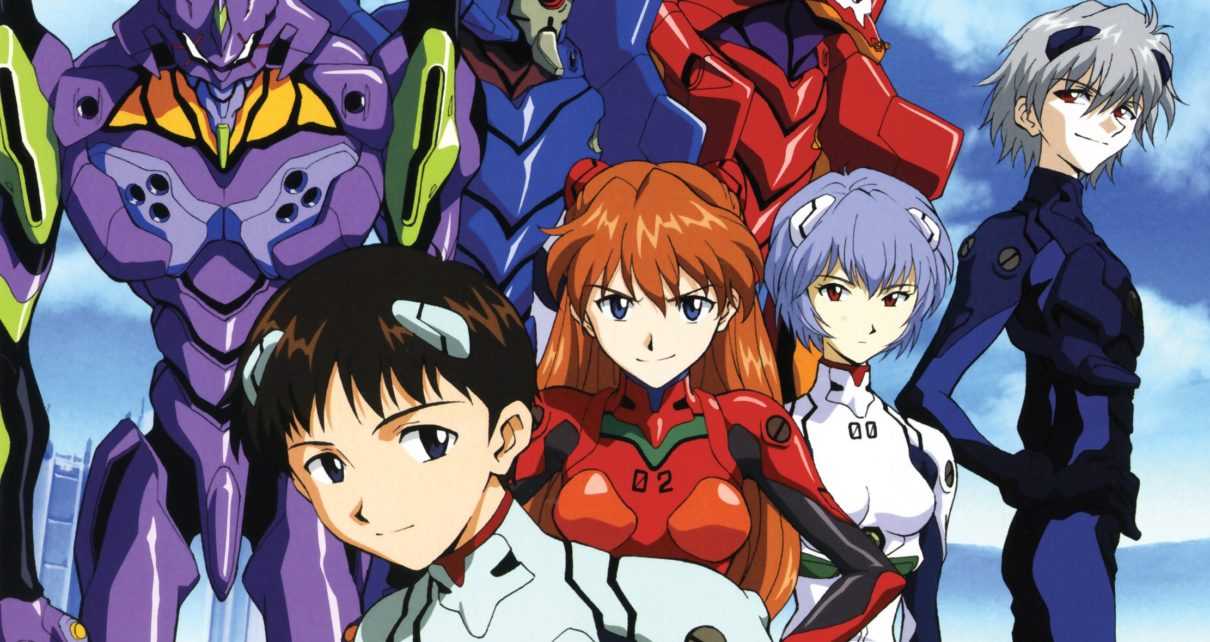
Fly me to the Moon | Neon Genesis Evangelion: the Gospel of the New Century
Like many others, however, Neon Genesis Evangelion was re-evaluated in a short time and, once the videotapes (and later the DVDs) were serialized, the phenomenon exploded definitively. For better or for worse (considering the high sexualization of the female protagonists of the series), Eva becomes a phenomenon of custom and is so much idealized as to be almost revered and consecrated in the Olympus of the best Japanese animated series ever. We’ve already written a lot, but we haven’t even gone into the merits of the series: what the heck is Eva talking about?
Neon Genesis Evangelion. Shin Seiki Evangelion. New Century Gospel. Whatever you want to call it, talking about the plot in this work is decidedly complex, because it almost seems to demean all the architecture that has been cleverly built around it, behind and in front of the simple flow of events. We try, anyway.
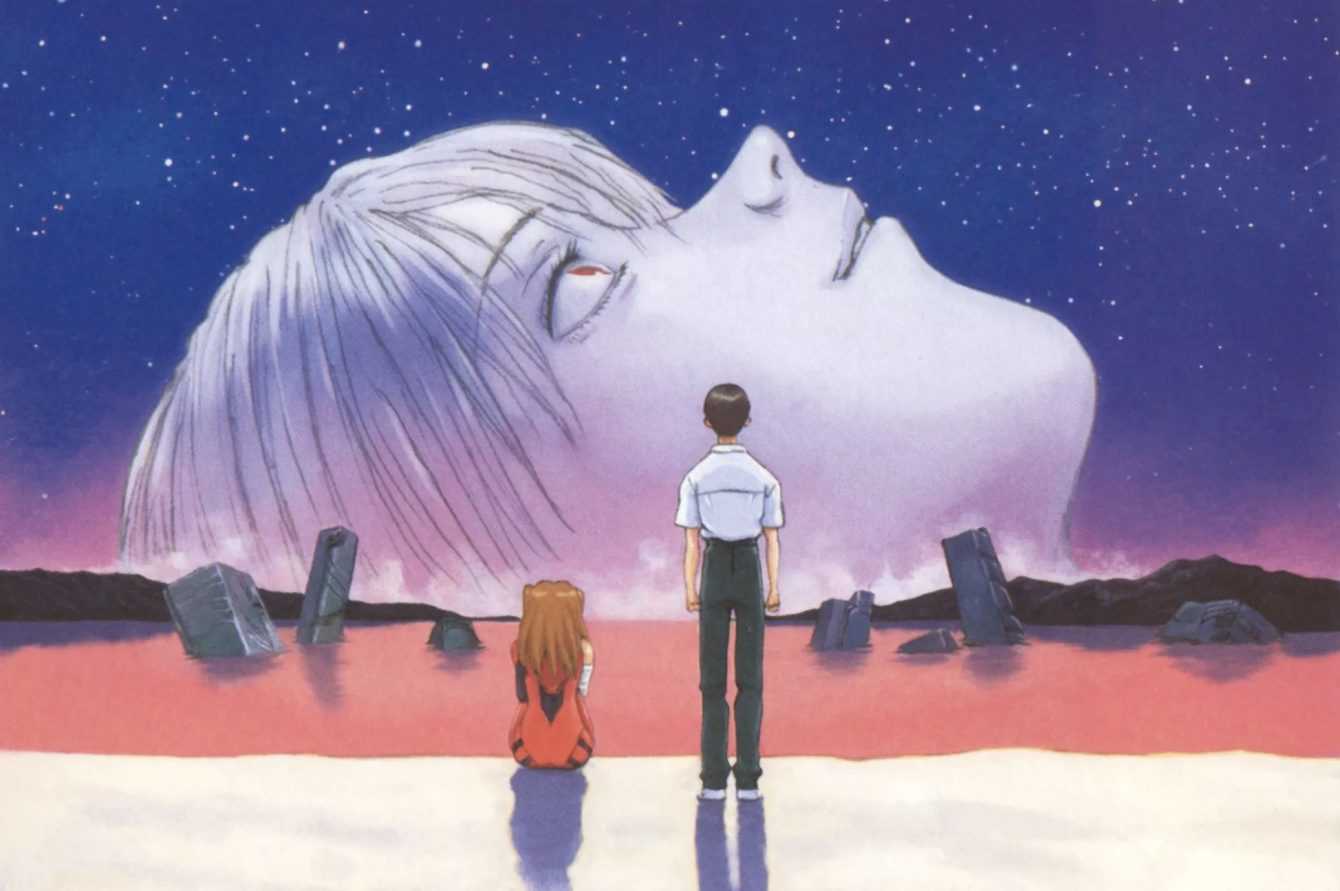
A Cruel Angel’s Thesis | Neon Genesis Evangelion: the Gospel of the New Century
In 2000, a near future compared to the year of creation of the series, a cataclysm of colossal dimensions, called Second Impact, hits Antarctica, leaving the world in the grip of structural and social changes. The world population is almost halved due both to the natural events following the catastrophe and to the wars and conflicts that are obviously unleashed between different social groups, all intent on grabbing as many resources as possible. Although it is attributed by the media to a gigantic meteorite, Second Impact was actually caused by an experiment, spectacularly failed, which a group of scientists carried out on Adam, a humanoid being and the first of the Angels, a mysterious enemy entity.
Thus were born, at the hands of the Nerv organization, the Evangelions, gigantic artificial humanoids whose purpose is to protect humanity from the Angels, and the city of Neo Tokyo-3. 15 years after these events we know Shini Ikari, a teenager who, after spending more than ten years away from his father Gendo, head of NERV, is forced to go to Neo Tokyo-3 as he was chosen as an Eva pilot -01. Shinji, therefore, must go from being a very young hikikomori to a great fearless warriorwith the due consequences of the case.
In this whirlwind of events, which we won’t delve into further to avoid spoilers, Shinji forges bonds with the other two girls chosen as pilots of Eva-00 and Eva-02, respectively Rei and Asuka, and with the guardian Misato Katsuragi. What happens on the screen, however, is not what is really important in Neon Genesis Evangelion. Let’s explain better.
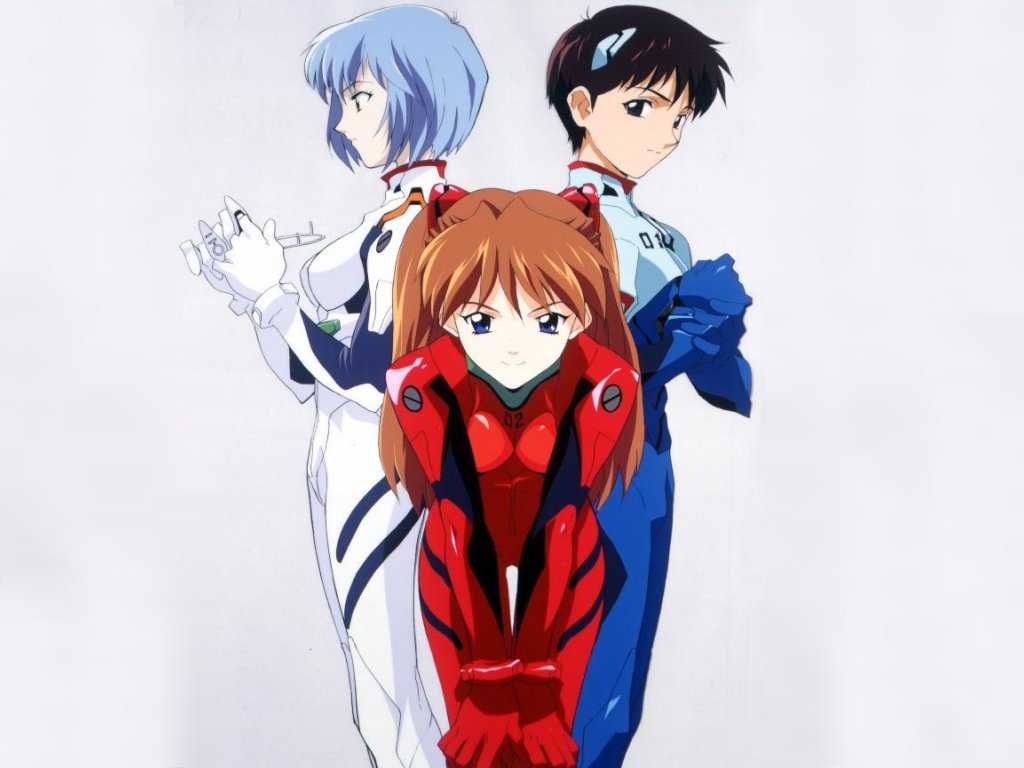
A Step Forward Into Terror | Neon Genesis Evangelion: the Gospel of the New Century
Beyond who thinks that Evangelion is a totally sci-fi animated series, in which, episode after episode, Anno and his crew narrate a far-fetched war against an army of invading alien beingsin an apocalyptic atmosphere full of conspiracies and deceptions, the continuous and pounding references to religion, metaphysics and philosophy should ring more than one alarm bell.
Hideaki Anno painted himself in Shinji Ikari, a very young hikikomori closed to life and relationships with others, unable to change his feelings in accordance with the outside world. Shinji makes the viewer feel sorry for him from the very first episode, because he is unable to take responsibility for him, he is unable to make decisions, he is unable to grasp his own life and destiny. Shinji Ikari is the pilot of Eva-01 who cries, whimpers and throws tantrums when he is ordered to get on the vehicle (Get in the f***ing robot!).
Angels, from this point of view, become the real reality seen filtered through the eyes of a teenager who doesn’t know what to do with his life: inscrutable, indecipherable and damned difficult. Asuka and Rei represent two sides of the same coin: femininity. Asuka’s is busty, sensual, mature, while Rei inspires a strong sense of protection and submission. Gendo is a metaphor for the Japanese society of the time, which wants, with cynicism and lack of empathy, a strong and unshakable son, when instead, net of everything, fragility is human.
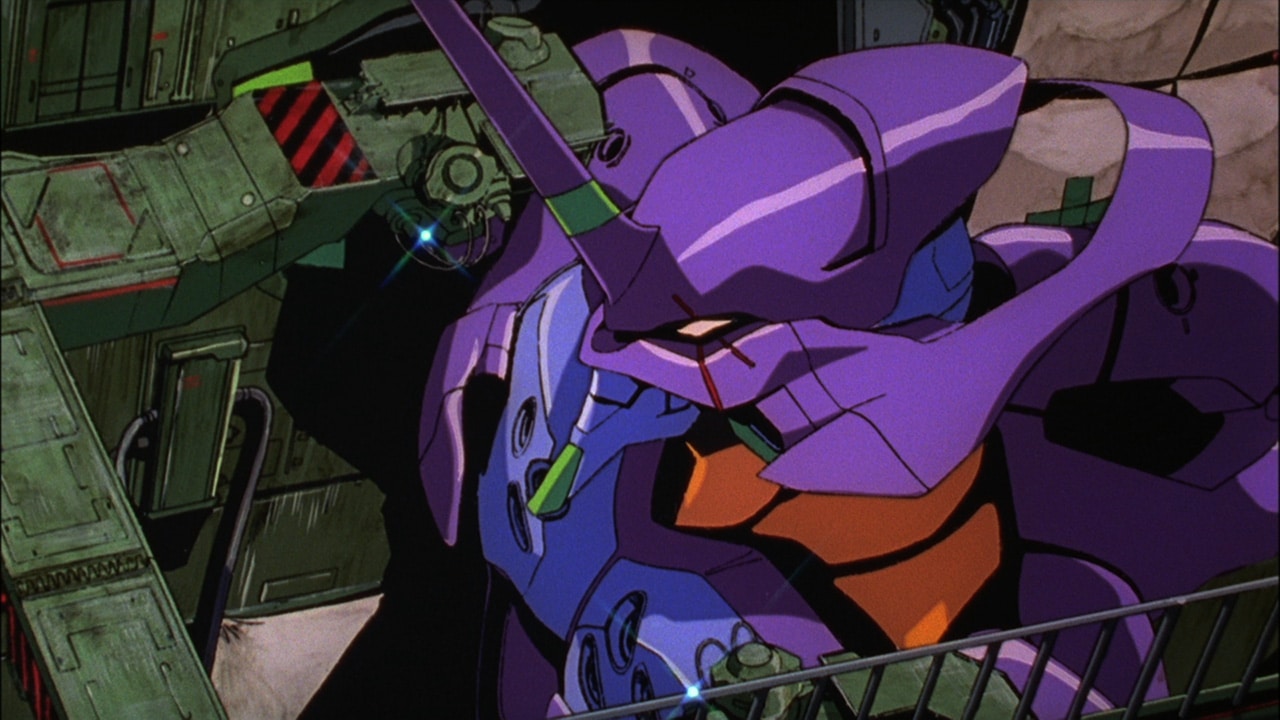
Hedgehog’s Dilemma | Neon Genesis Evangelion: the Gospel of the New Century
The symbolism behind the parable of Evangelion is even more profound, if you go to fathom it, and a thousand more examinations would not be enough to truly grasp its essence. And you would think of an epochal ending for a series that does everything to be so, and instead nothing: Anno had run out of budget. The result is two final episodes made completely on savings, in which fans of the plot do not know in the least how the war with the angels ends, and those most connected to the philosophy behind the characters find themselves following more than fifty minutes of thoughts of Shinji. And rather embarrassing applause.
Considering the commercial success and the shower of criticisms that arrived on Anno and on Gainax itself, the company decided to announce feature films. Death & Rebirth (1997) is the first and serves as a real summary of the series up to episode 24, and as a prologue to The End of Evangelion, which completely rewrites the last two giving a worthy ending for the fans too. Starting from 2007, then, Evangelion is back in vogue and Anno has produced four new feature films. This is another story though.
Communication. In a society like the Japanese one of the time (not that it has changed so markedly since then) as well as in the Western one, in reality, communication is a fundamental characteristic for weaving valid interpersonal relationships between individuals who are different from each other, but united by the same fact of human beings. With Evangelion Anno wanted to encourage the Otaku, as well as the Hikikomori (and perhaps, equally, even a young himself) to break down those walls that keep them isolated from the outside world, to find meaning in life, however difficult it is to face it day by day.
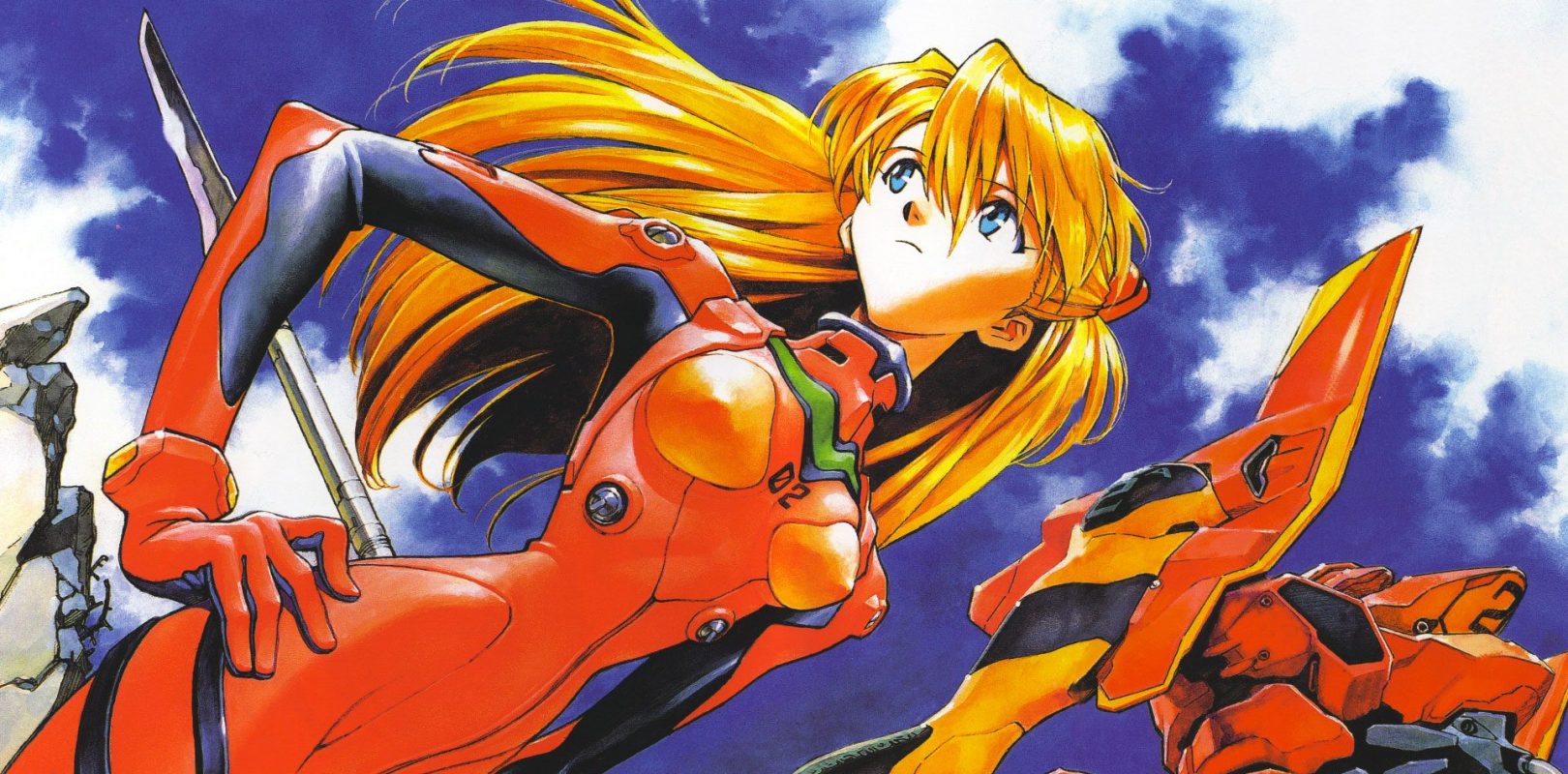
Shin Seiki Evangelion
We close this exhausting first special of Anime Breakfast dedicated to Neon Genesis Evangelion. Definitely not the easiest way to start a column, but we wanted to give it a real soul right away. 28 years have already passed since the first airing of Neon Genesis Evangelion, but the affection of the fans, as well as the clamor surrounding each new announcement concerning the series and the films of Anno, has not gone in any way to decrease. And considering the still current problems of a society like the Japanese one, which pushes young people to produce, to work, to be the best on the social ladder, perhaps it could still help. Perhaps it could still prevent much of the harm that marginalization leads to.
Find the Neon Genesis Evangelion series and feature films exclusively streaming on Netflix. Let us know what you think of Hideaki Anno’s series in the comments below and stay tuned with us at TechGameWorld.com for all the news on the subject of cinema and TV series!
Are you looking for new movies and new TV series to watch? Discover the new Disney+ subscription, the streaming home of Disney, Marvel, Pixar, Star Wars, National Geographic and now Star too. Subscribe now to only 8.99 euros per month on this page.






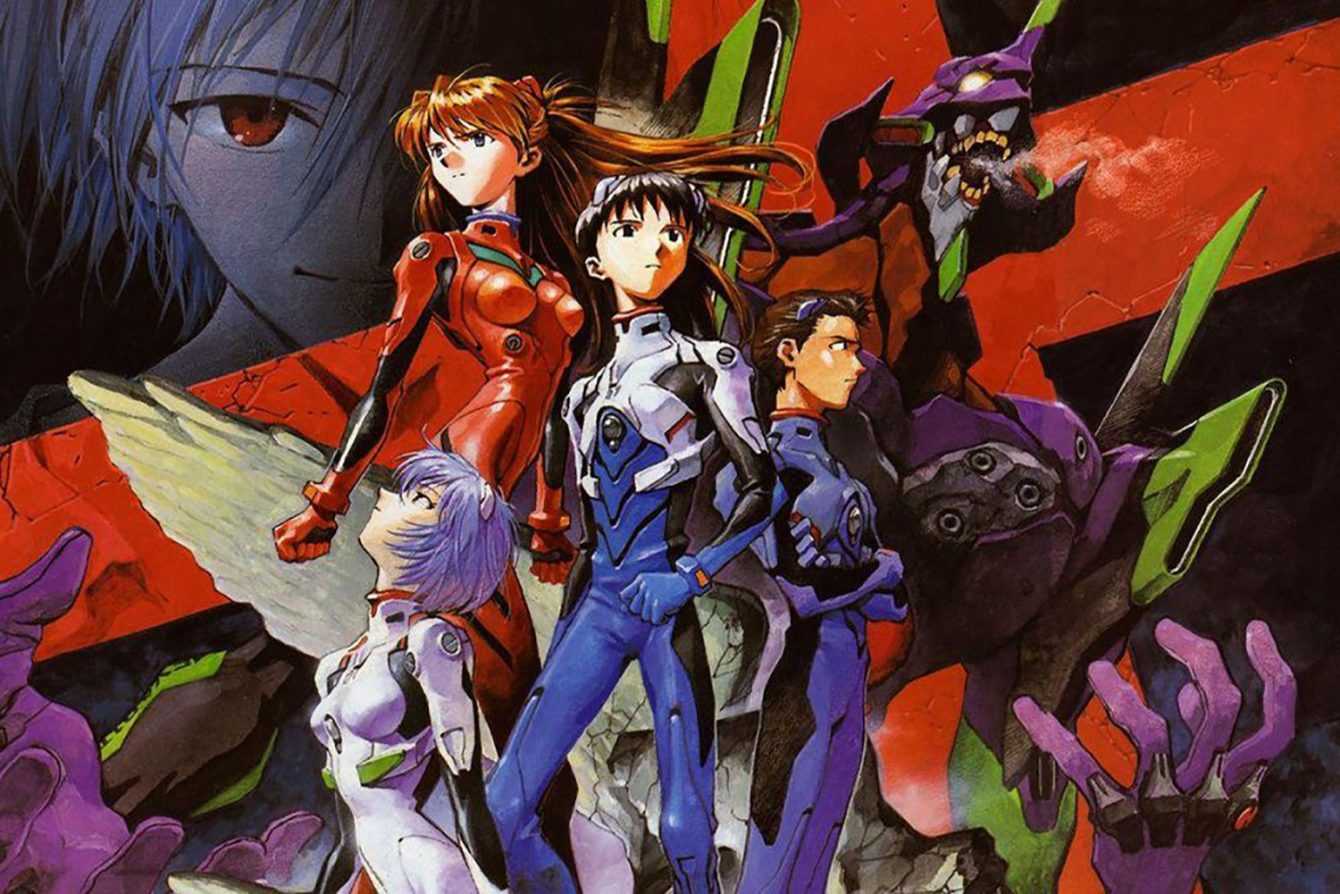







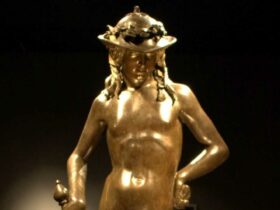
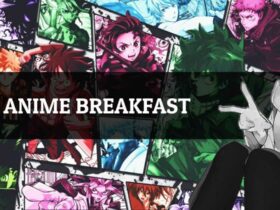
Leave a Reply
View Comments